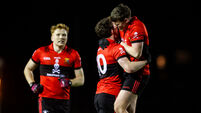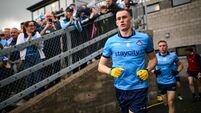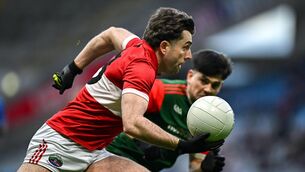GAA faces rural crisis as local rivalries wane, warns Walsh
Seán Walsh, chairman of the Kerry County Board, warned that local football and hurling rivalries will fade away as more families decide to live in towns and cities.
Mr Walsh was speaking at a special seminar in Caherciveen entitled The GAA and its Future. The seminar was organised by the South Kerry Board to mark its 100th year.














